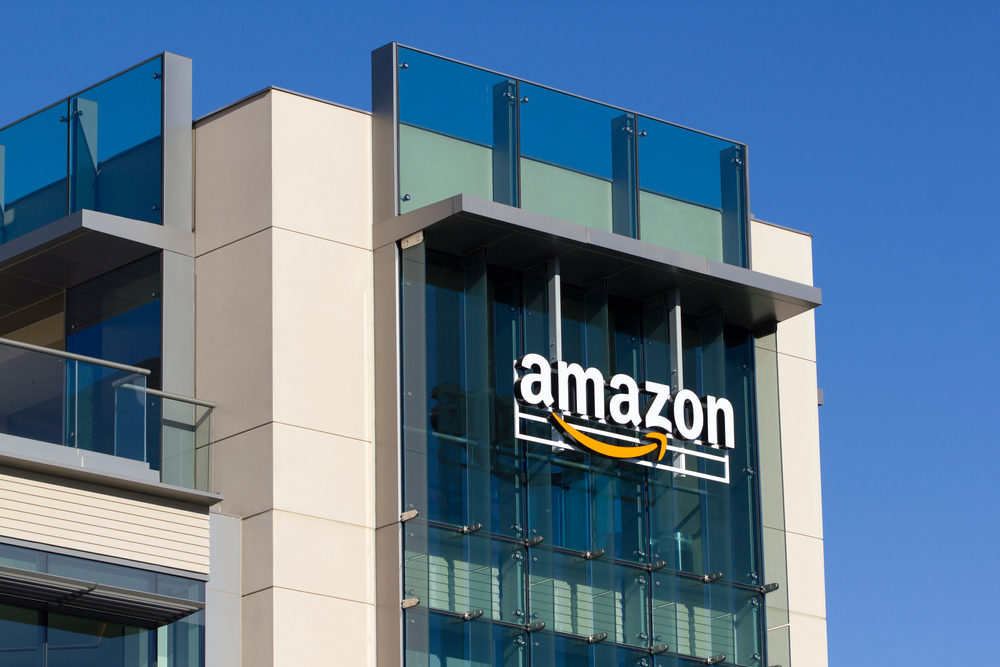Amazon is forming a significant relationship with Anthropic, a competitor to OpenAI, by investing up to $4 billion and becoming its principal cloud provider.
Amazon intends to accelerate the development of Anthropic’s upcoming foundational models and make them more readily available through its AWS cloud infrastructure and architecture. Anthropic was established by ex-OpenAI staff, and Google was one of the leading investors.
Anthropic will leverage Amazon’s Trainium and Inferentia proprietary AI chips and accelerators to create, train, and deploy its new models, including future iterations of Claude 2, which was updated lately.
Additionally, Amazon also intends to deliver secure model customization and fine-tuning for business users of Claude on AWS, allowing users to fine-tune Claude using their own data. Amazon will faciliate this through its new AI development platform named Amazon Bedrock.
Amazon CEO Andy Jassy expressed excitement about working with Anthropic, stating, “We have tremendous respect for Anthropic’s team and foundation models, and believe we can help improve many customer experiences, short and long-term, through our deeper collaboration.”
Amazon puts AWS to use for generative AI
Amazon’s strategy mirrors Microsoft’s approach when it invested in OpenAI. Amazon is essentially bringing fresh generative AI expertise under its long-established large-scale AWS infrastructure.
Microsoft’s significant investment in OpenAI granted them an exclusive license to integrate OpenAI’s GPT-3 model into their technology and applications.
AWS CEO Adam Selipsky revealed in a Bloomberg Television interview that Amazon’s initial investment in Anthropic stands at $1.25 billion, with Amazon securing a minority position in the startup.
Among the company’s other backers is Google, which invested nearly $400 million in Anthropic.
The AI industry has become well-known for its chimeric inter-industry dealings and research sharing, with startups OpenAI, Inflection, and Anthropic assigning themselves loosely to industry veterans – though such collaborations can be fickle.
Amazon recently announced a fleet of AI features for its new Alexa voice assistant, and there are now concrete signs that the commercial generative AI industry is diversifying beyond Google, Meta, OpenAI, and Microsoft.





